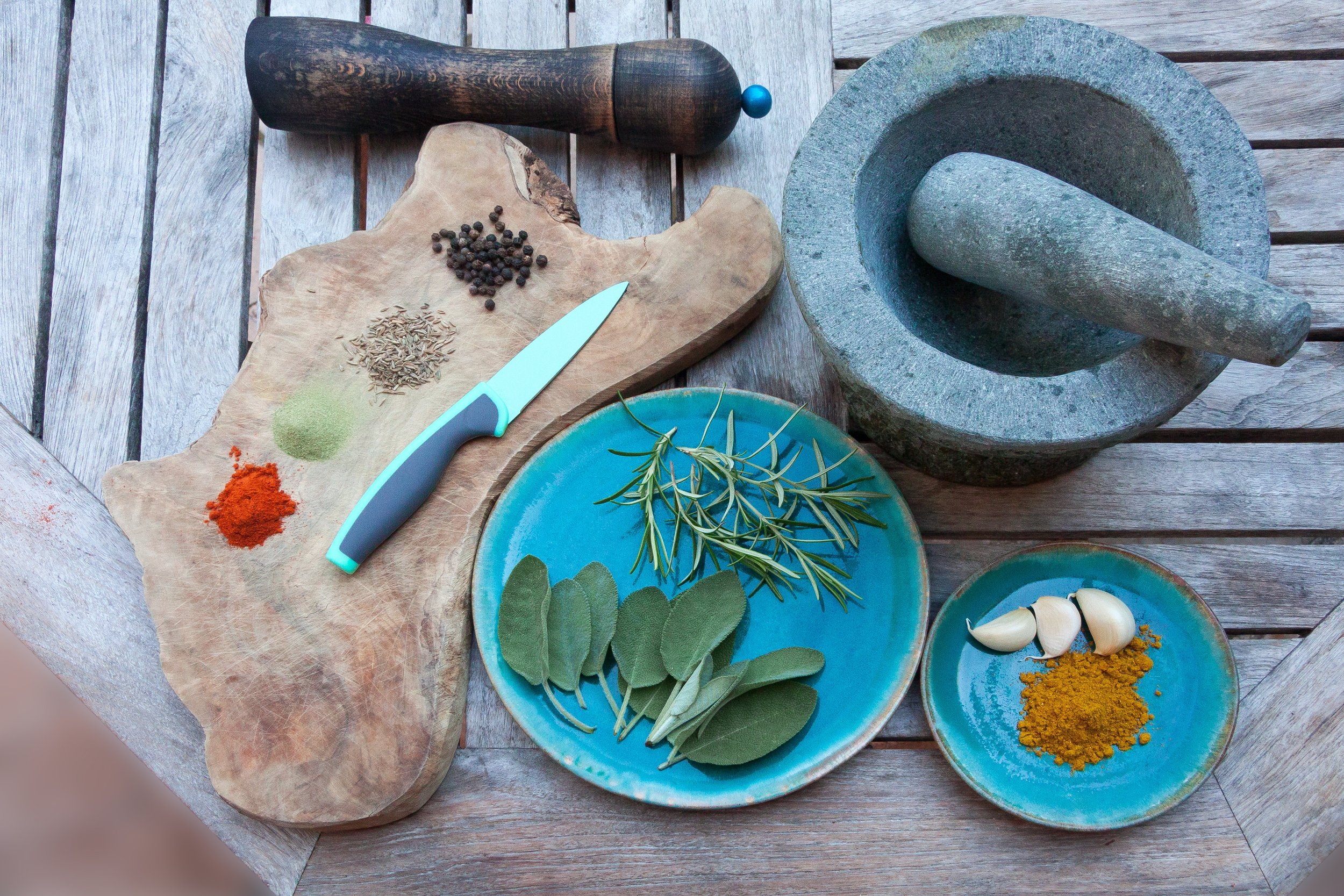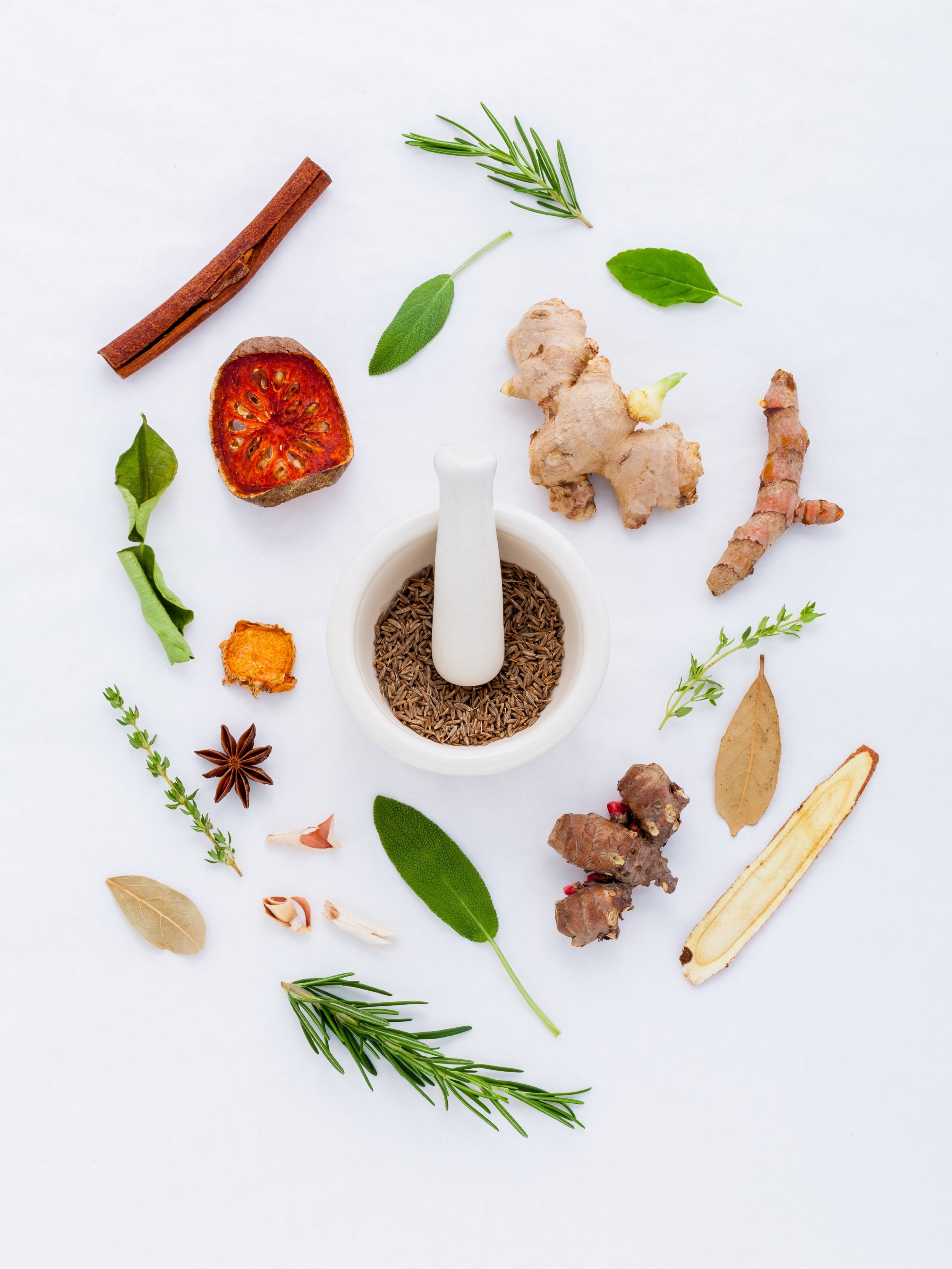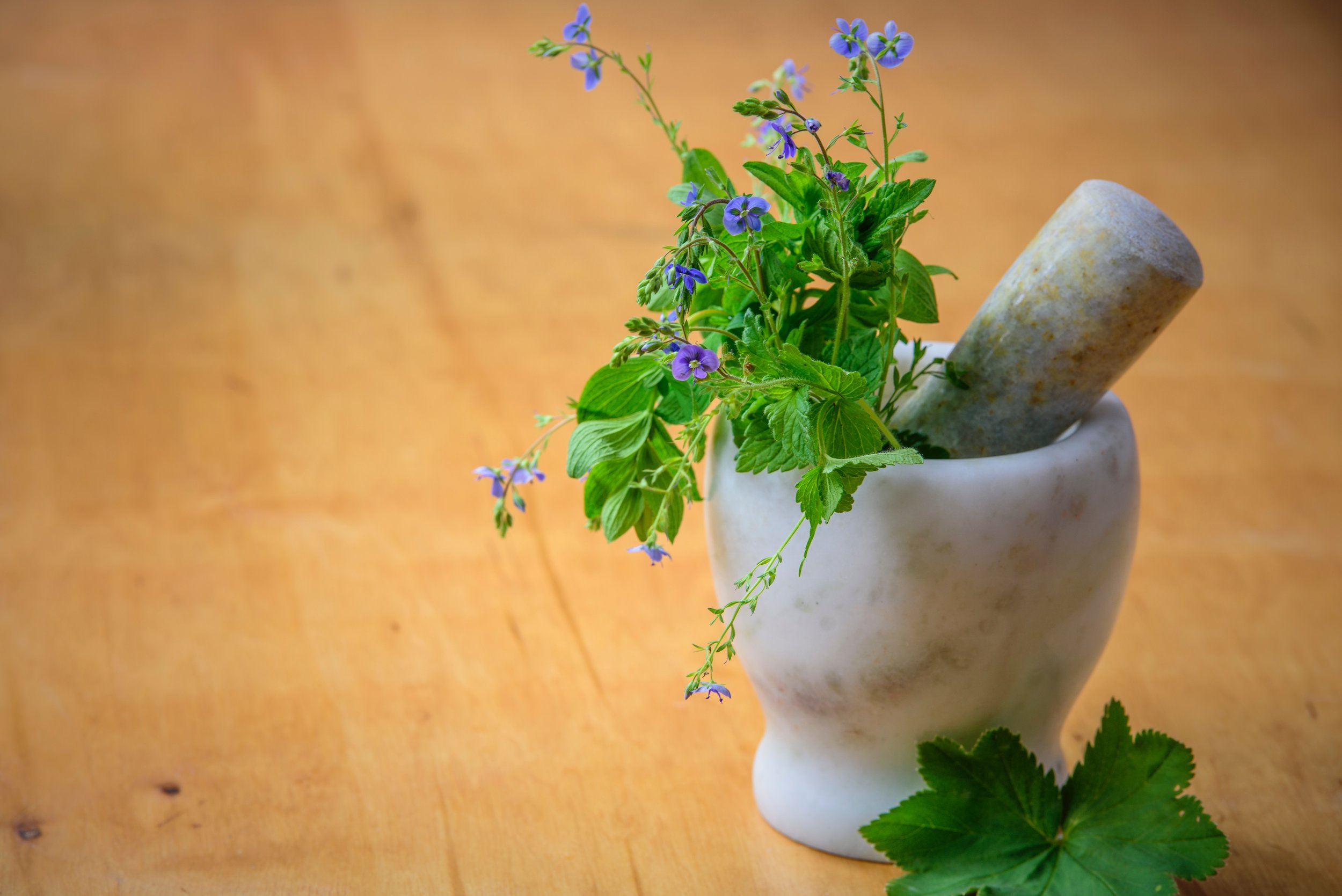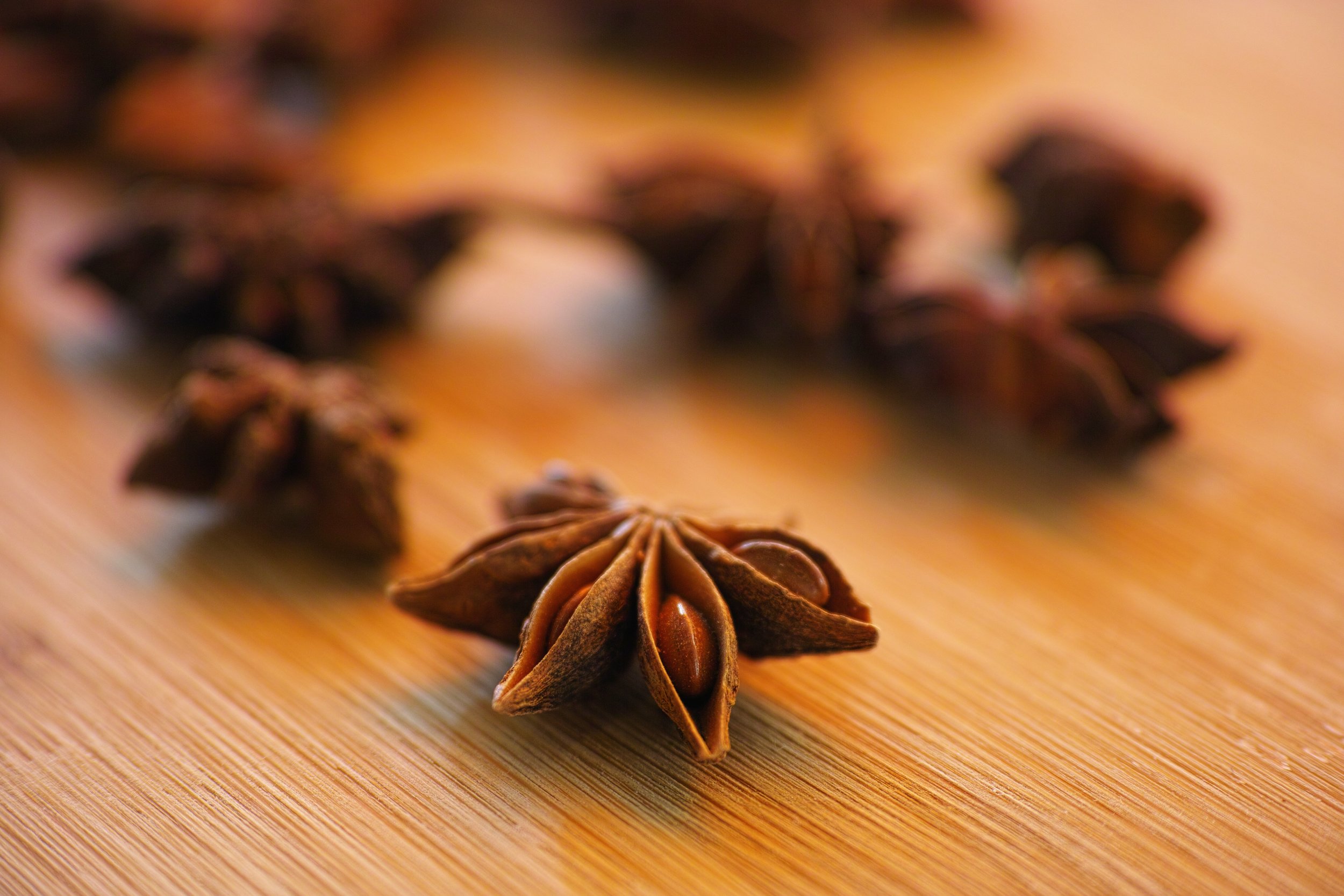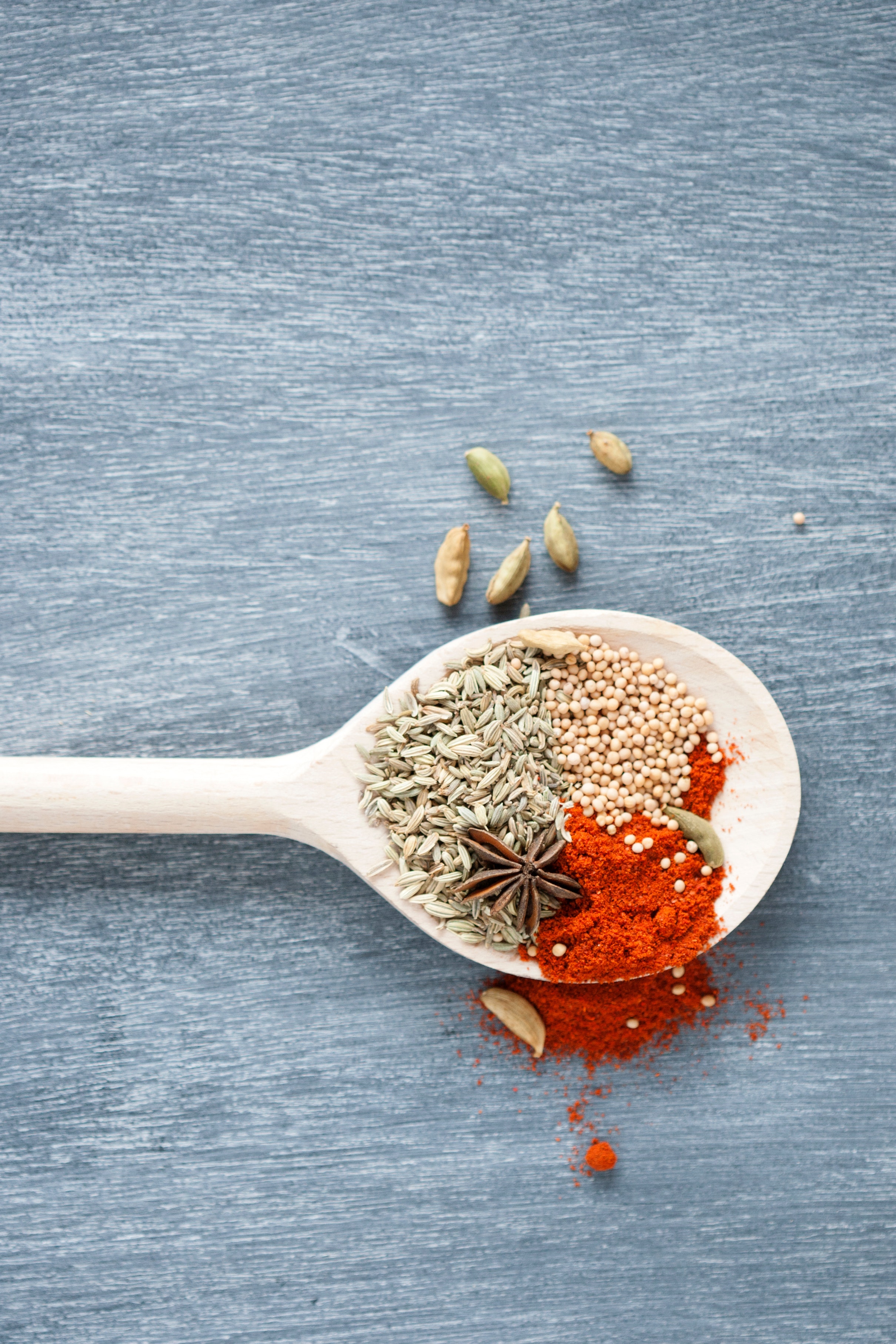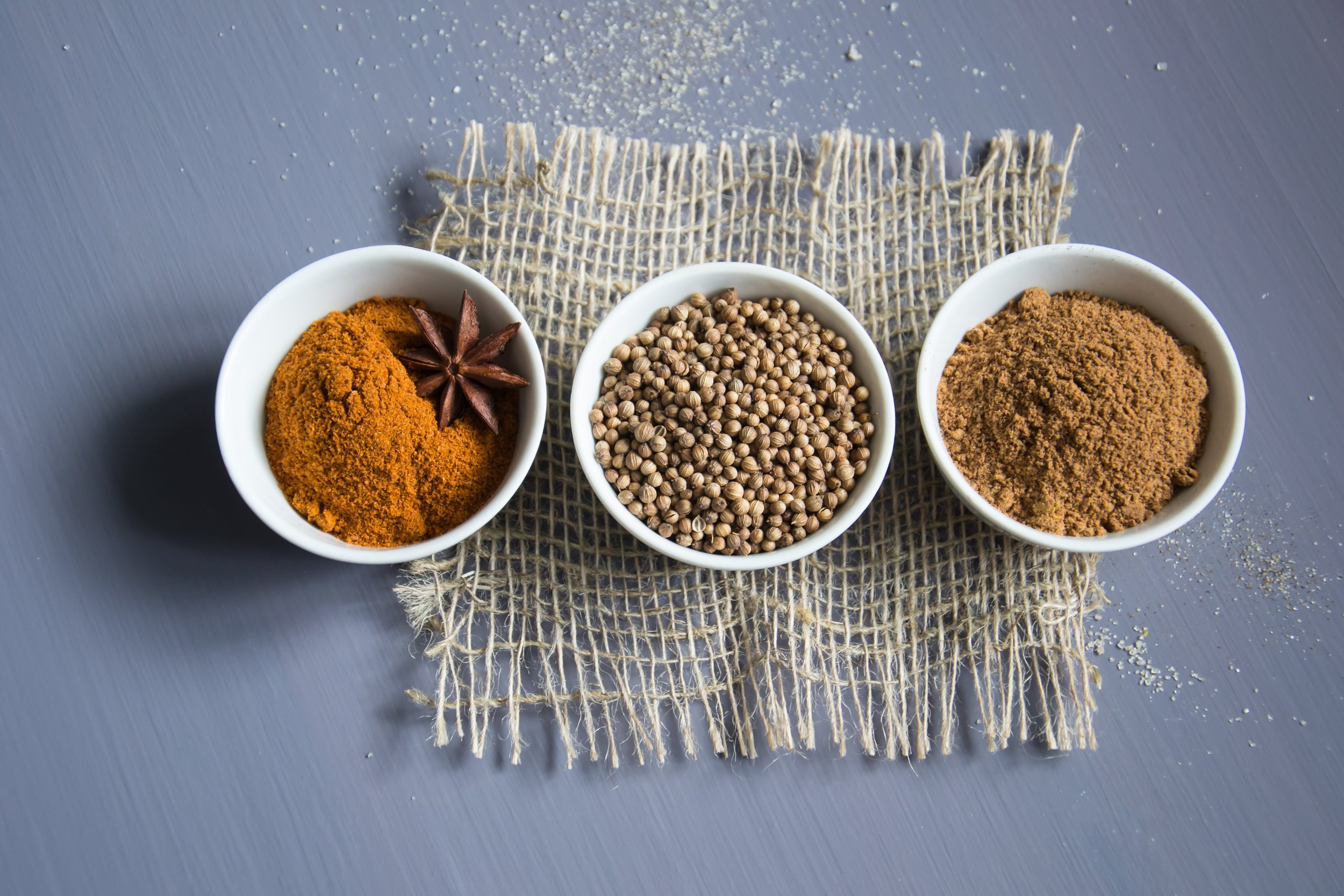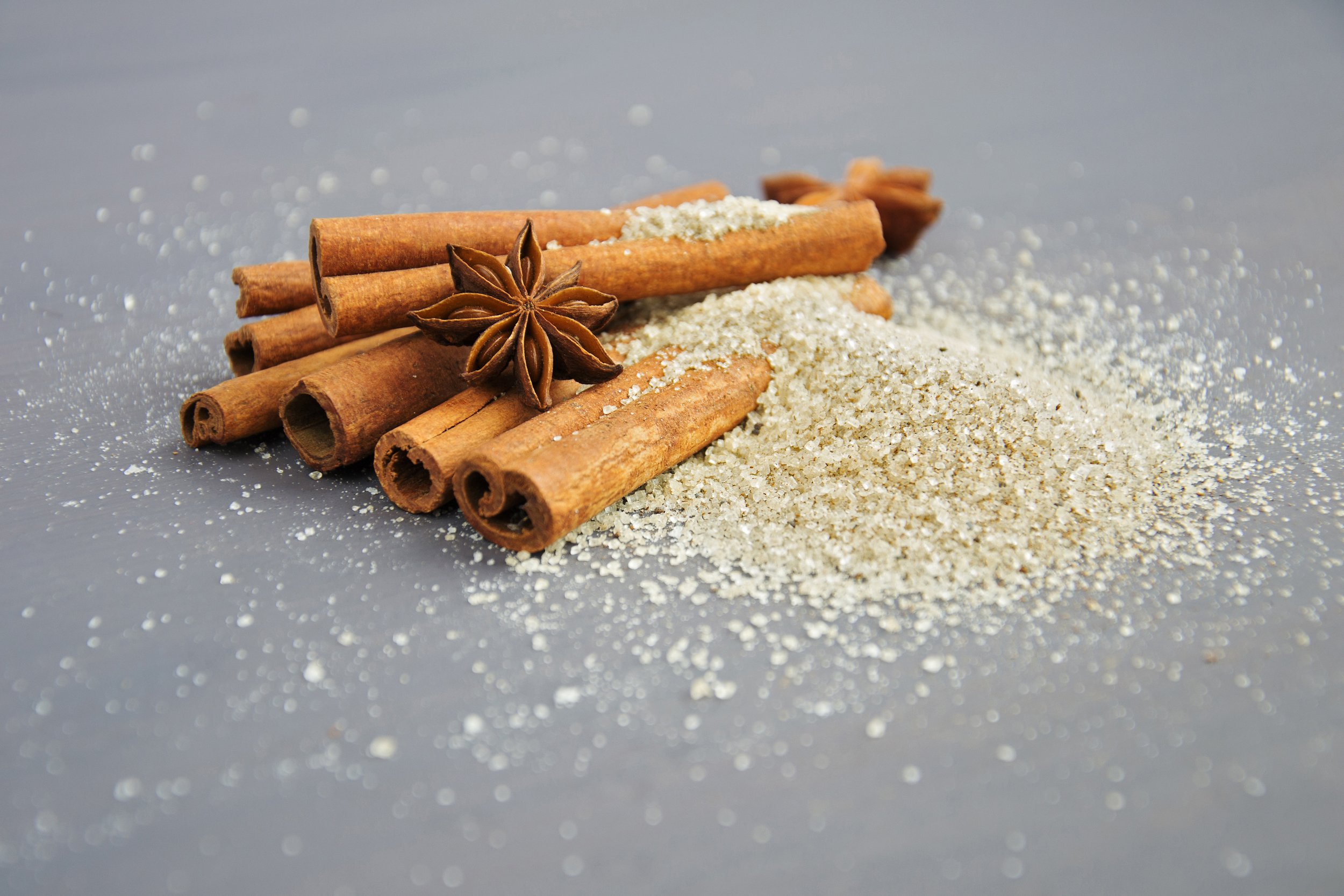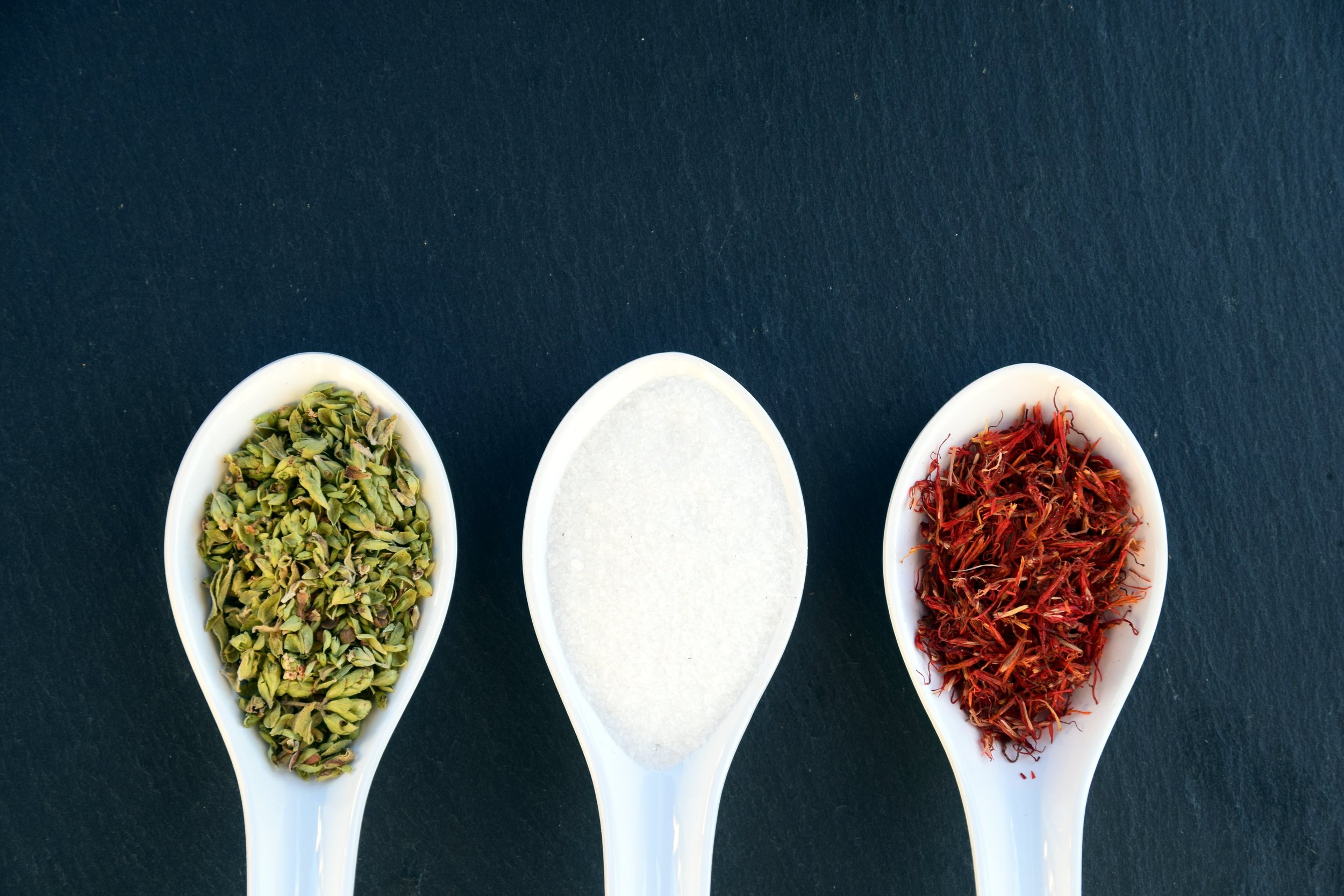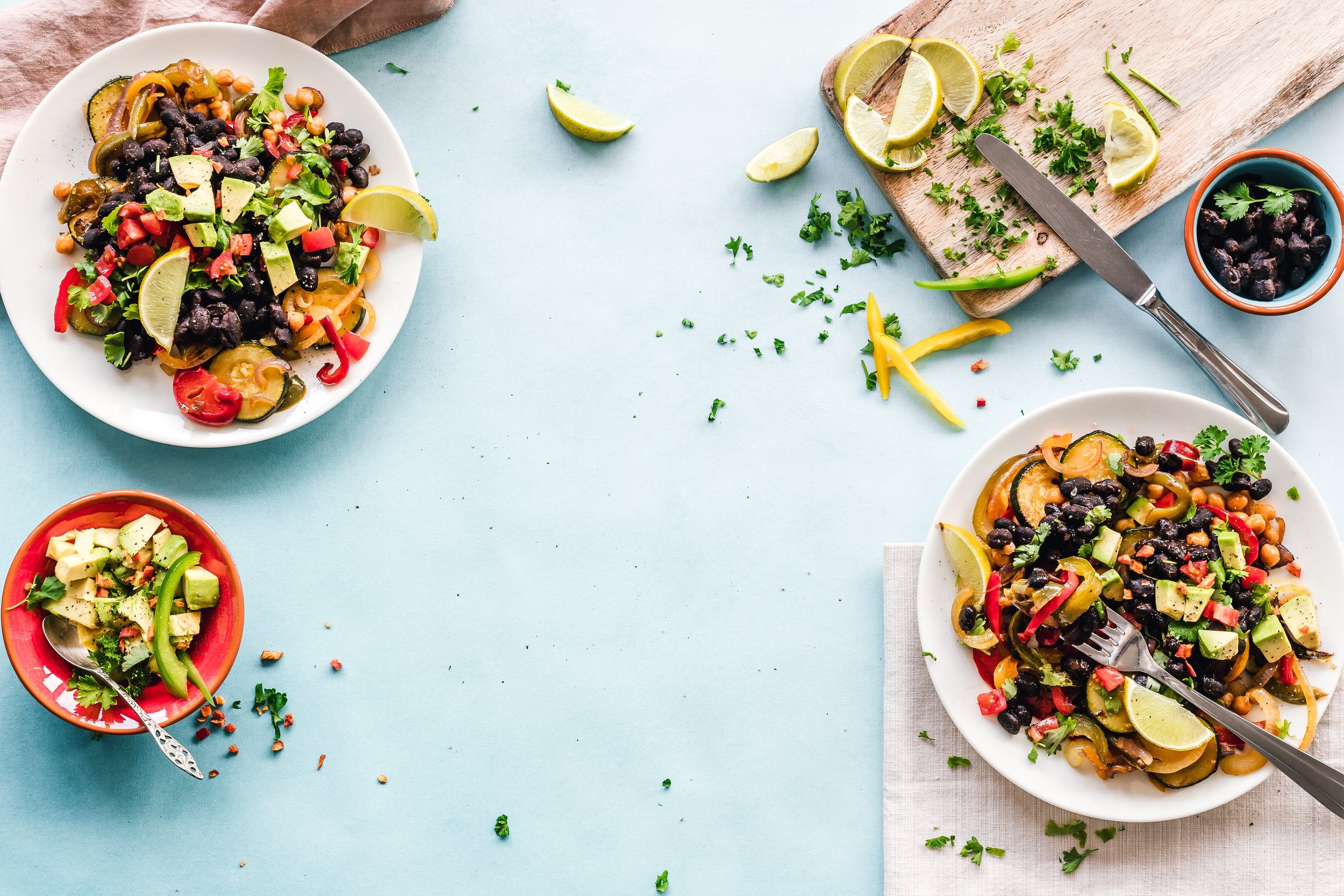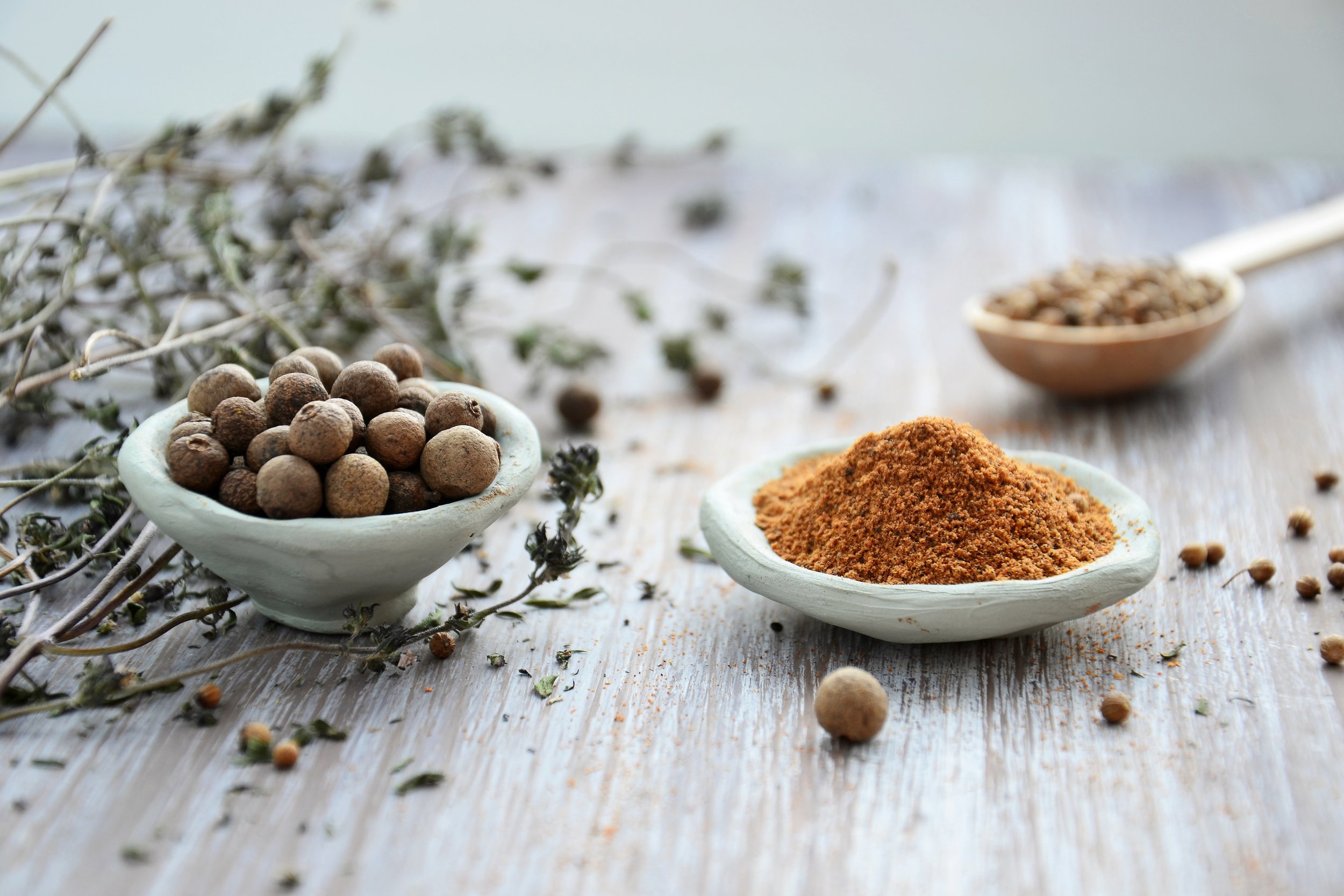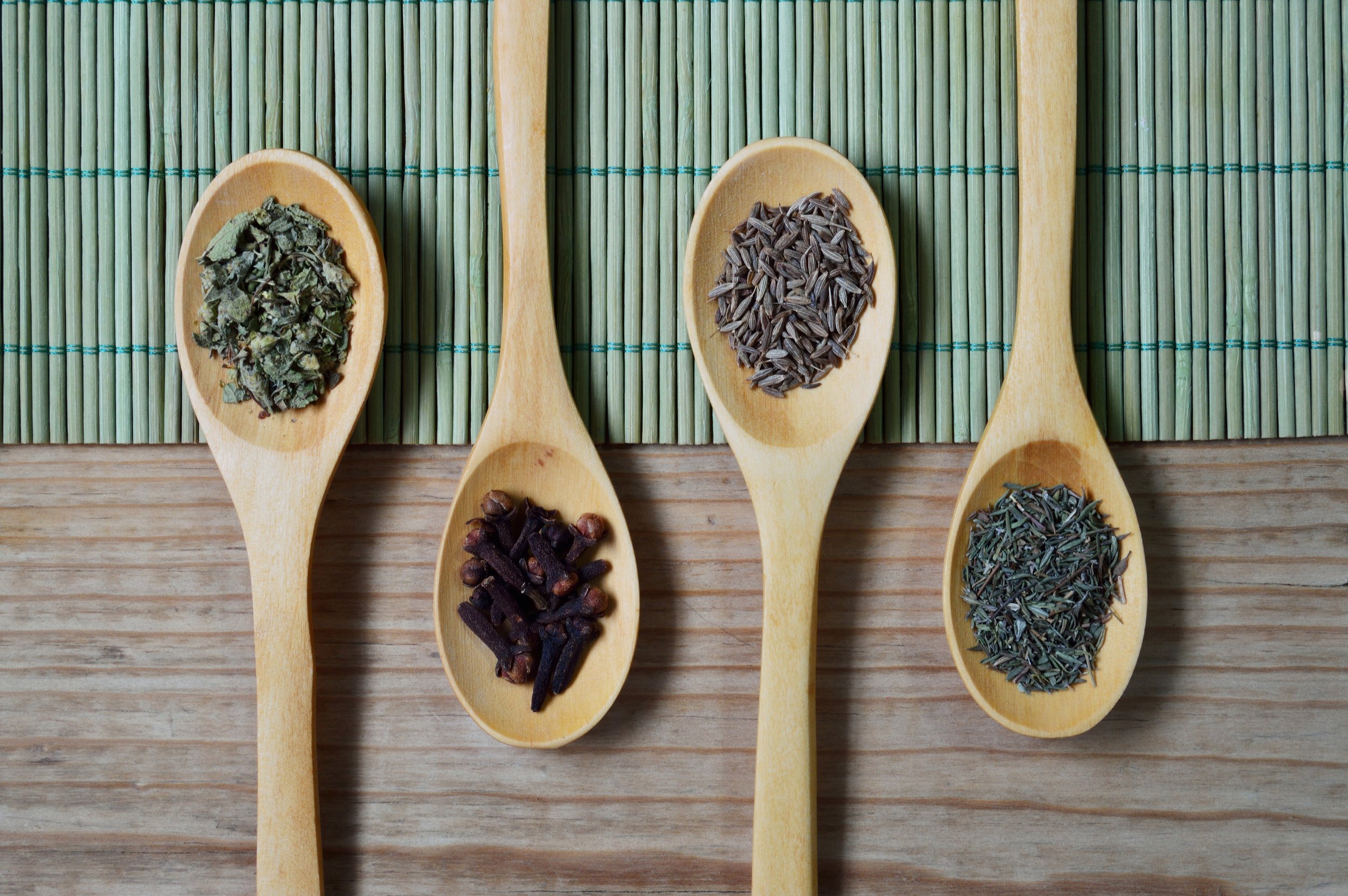The Ayurveda Center | Ancient Science Of Ayurveda
“We carry inside us the wonders we seek outside us.”
The Origin of Ayurvedic Medicine
Ayurveda is the science of life and it has a very basic, simple kind of approach, which is that we are part of the universe and the universe is intelligent and the human body is part of the cosmic body.
DEEPAK CHOPRA
Ayurveda literally means "science of life", and it represents the oldest complex medical system about healthy lifestyle principles. The origin of its teachings dates back to the ancient Indian scriptures (Vedas). Those scriptures came into existence due to the inner realisation of illumined Sages (Rishis).
Ayurveda is a nature-based approach to healing that recognizes the unique difference of every individual ~ and, because every one of us is unique, every illness is unique; so, no disease, even if it goes by the same name, can be alike. Therefore, in Ayurveda, we seek to treat not the disease, nor the symptoms of the disease, but the person, the whole person, by attempting to dissolve the underlying cause of suffering and re-establish the fundamental state of well-being.
“The ancient science of Ayurveda is really the art of living wisely, as it empowers people to make choices that nurture and sustain balance, wellness, and vitality. ”
Ayurveda philosophy
Ayurvedic life is all about balance, and there are several ways to practice this through cooking. We believe that when it comes to self-care, creating daily rituals to honor & love the mind, body & skin will cultivate optimal wellbeing. Prajna products are intended to connect people to becoming a part of the self-care process. From empowering people to have the option to create their ideal skincare line, to connecting our product’s users to the plants & minerals in which they are made from, to encouraging each other to make space in our days for the necessary ritual of self-care. By creating awareness around how we take care of ourselves & how we relate to the elements of the world, we rediscover our interconnection with the natural world & its rhythmic cycle.
Ayurveda is a nature-based approach to healing that recognizes the unique difference of every individual ~ and, because every one of us is unique, every illness is unique; so, no disease, even if it goes by the same name, can be alike. Therefore, in Ayurveda, we seek to treat not the disease, nor the symptoms of the disease, but the person, the whole person, by attempting to dissolve the underlying cause of suffering and re-establish the fundamental state of wellbeing.
Vartyanti pidhitaah sarvadehinah,yadhyte sarvbhutaanaam jivitam na-avtishthete
Ojas keeps all living beings nourished and refreshed.
There can be no life without Ojas.
Ojas is a quantifiable liquid in the body, responsible for overall health, energy and liveliness. It is both a mental and physical factor, the essence of all the body tissues.
What are doshas?
In Ayurveda, there are 3 main body types, also known as doshas: Vata, Pitta, and Kapha. We are all unique blends of each of the body types. The 3 body types are reflections of the qualities of nature. They give insight not just into the tendencies of our bodies, but of our mental, emotional, and behavioral characteristics. Knowing your body type is the first most critical step you can take to gain control of your health.
Once you understand yourself, you can guide your life towards the lifestyle and diet that makes sense for you as an individual. Don’t settle for knowing you are a Vata, or even a Vata-Pitta; you’re a multi-layered person with strengths and various dosha compositions in all the different aspects of your life. Understanding yourself is key to your ability to handle stress, interact with others and develop a unprecedented harmony in your life.
“If we understand ourselves better, then we will also understand more about other people and the world around us.”
Cooking according to your dosha
If you’re familiar with Ayurveda, you may be wondering how your dosha—AKA your emotional and physical constitution—plays into all of this. As Rice explains, if you’re predominately a pitta, cooling foods and spices help balance out your fiery nature. For cooler vatas, warming foods are better. And for kaphas, foods that are light, warm, and dry work best. So how exactly do you create a meal for a group of people with different doshas? Rice says the key is to have a moderately spicy main dish, and then ingredients or spices that people can add on top, such as avocado or yogurt if they are a pitta and want something cooling, or a hot chutney sauce, if they are a vata. If you have an organized kitchen and your ingredients handy, cooking an ayurvedic meal can be simple and fun, taking about 15 minutes to prepare and 20-25 minutes to cook. In this class you will learn a home-cooked ayurvedic meal that is nutritious and fresh.
Learn about our carefully picked new line of Prajna Organic Ayurvedic Balance Teas, and for tips on how to stay balanced, while incorporating Ayurveda into your everyday life!
Important note: Before drinking any type of tea for medicinal purposes - including Ayurvedic blends - always consult your healthcare provider.
Everyone loves massages, but few of us get them nearly enough. However, you can receive all the benefits of a massage – plus more – without spending a dime on a masseuse. How, you may be wondering? Abhyanga self-oil massage. Abhyanga comes from Ayurveda, the world’s oldest health system and sister science of yoga, focused on mind-body balance. Want to learn more about what Abhyanga is and it’s benefits? Book for 101 consultation with us.
This is a short quiz to help you determine your Ayurvedic body type or Prakriti (your body’s natural state of being). Keep in mind that this is a mini version of the questions that you would be answering during 101 consultation.
It is just to provide you with an idea of what your Ayurvedic body type may be. In order to fully understand your body constitution, book a consultation where we can get a much more accurate picture of your natural state.
What Is My Ayurvedic Body Type ? And Why Do Body Types Matter?
This is a short quiz to help you determine your Ayurvedic body type or Prakriti (your body’s natural state of being). Keep in mind that this is a mini version of the questions that you would be answering during a consultation. It is just to provide you with an idea of what your Ayurvedic body type may be. In order to fully understand your body constitution, book a consultation where we can get a much more accurate picture of your natural state.
Allergies Bothering You?
Allergies can be really bothersome. The constant sneezing, watery eyes, runny nose and scratchy throat can seriously affect our daily functioning.
Allergies are often caused by an aggravated Kapha dosha and an excess of ama, or toxins, in the body from a weak digestive system, though a person suffering from allergies may not always be of a Kapha predominant body type. A simple way to alleviate some of the symptoms is to drink an easy-to-make ginger tea. Check Out Our products page and learn how perfect tea can balance your symptoms? Remember to drink this tea approximately 1-3 times per day.
If you are curious to find out what your Ayurvedic body type is, then take our online quiz
To find out more book a consultation now.




